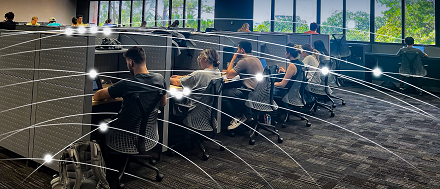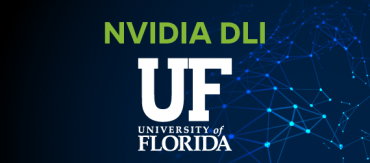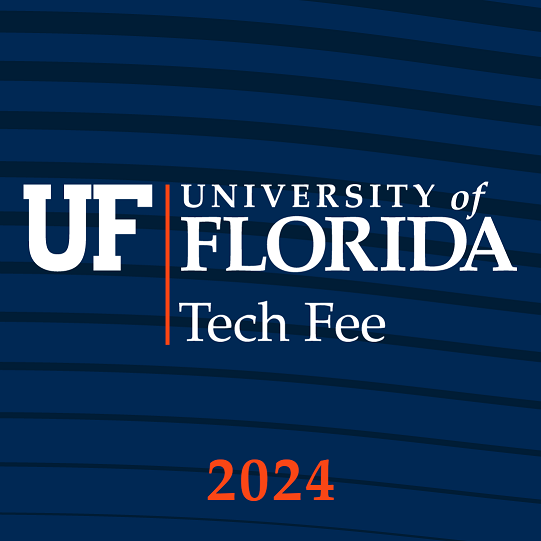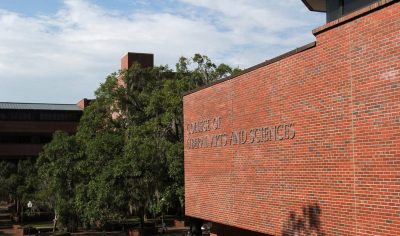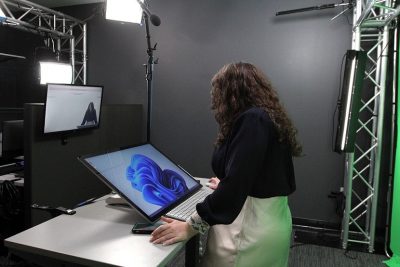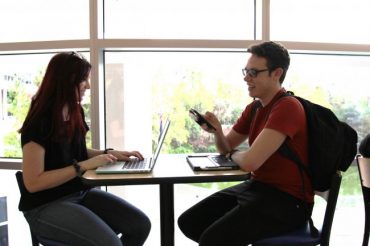The annual Tech Fair is an opportunity for all students–undergrads, graduate, and professional students– regardless of major, to learn about IT services and support available to them during their UF career. The 2024 Tech Fair will be held on:
Wednesday, Feb. 28
10:00 a.m. to 1:00 p.m.
Marston Breezeway – CSE Plaza
This year’s experiential event focuses on helping students utilize AI and online tools to get to the next level. Get information about a variety of tech as well as tech support (such as account questions or getting fast secure campus Wi-Fi on your phone) during the event. Have you thought about what it might take to get that coveted internship? Check out Tech Fair and see how managing your online portfolio or completing a LinkedIn Learning career path might get your name on the top of that internship list! You can also see some of the technologies available in Marston, get tips on setting up a great GitHub presence, and meet with a Career Connections Center rep who will answer your questions and show you how to use their online resources.
As always, Tech Fair also means prizes and this year UF Information Technology has several available! Stop by the welcome tent and learn how you could win Apple Air Tags, a JALL smart wakeup light, Beats, a JBL Bluetooth speaker, water bottles, and more. See you Feb. 28 on the plaza, Gators!




